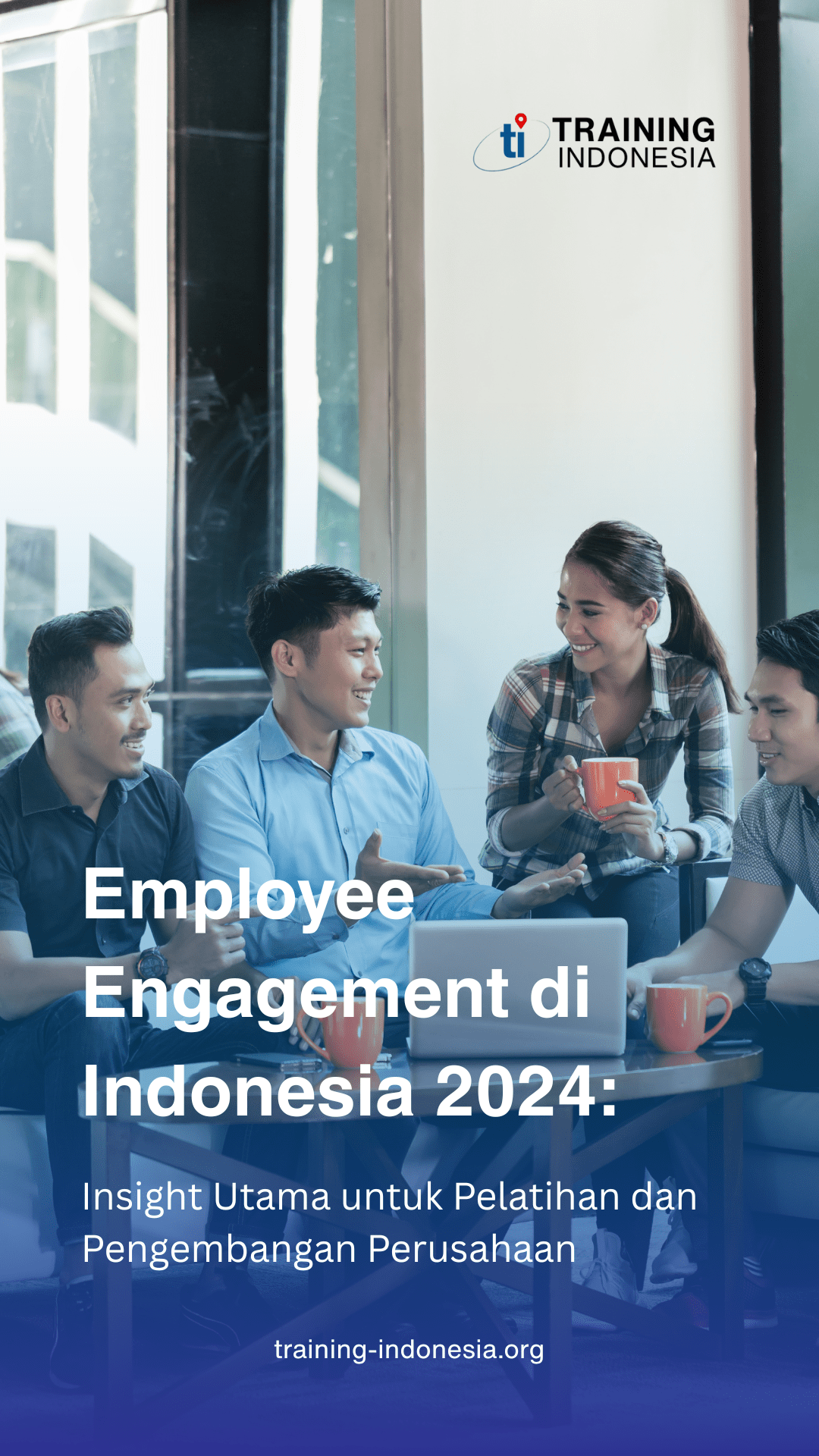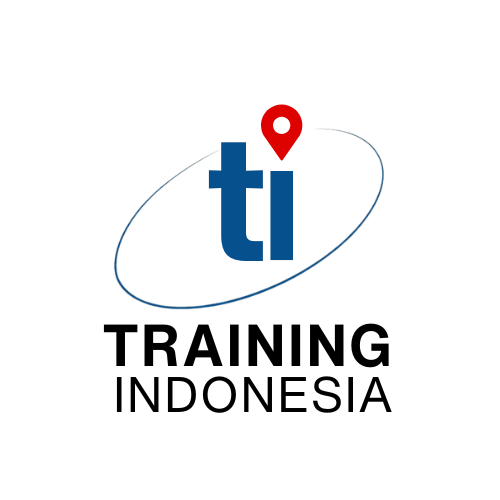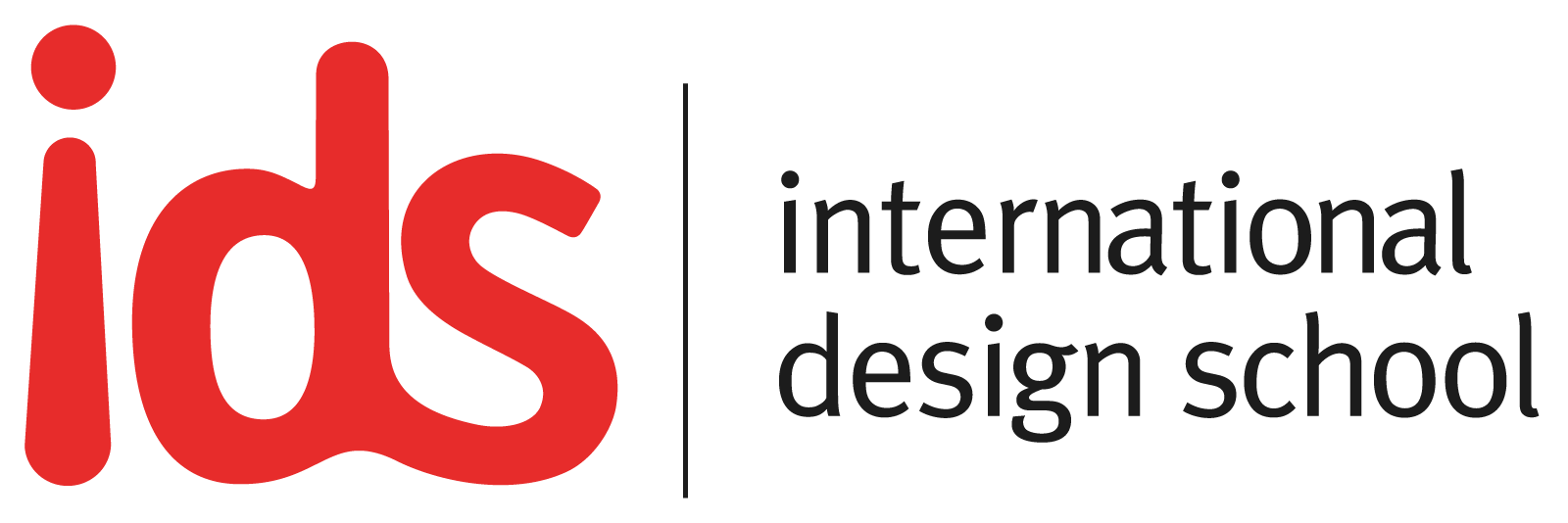HR & Undang-Undang Cipta Kerja: Key Legal Updates & Strategic Implications

Training Indonesia – In March 2023, the Indonesian government enacted Law Number 6 of 2023, officially establishing the Job Creation Law (commonly known as Undang-Undang Cipta Kerja) as a permanent regulation. This law, derived from Government Regulation in Lieu of Law No. 2/2022, represents a sweeping reform that affects labor regulations, investment procedures, and workforce development strategies in Indonesia. For HR professionals, it marks a pivotal moment in how employment policies and practices must evolve to meet both legal and business demands.
Why UU Cipta Kerja Matters for HR in Indonesia
The Undang-Undang Cipta Kerja (Job Creation Law) aims to simplify regulations, boost investment, and broaden employment opportunities across the country. According to Article 3 of the law, its primary purpose is to improve worker protection and welfare while increasing Indonesia’s competitiveness through economic transformation and legal clarity (UU No. 6 Tahun 2023, Art. 3).
HR leaders must now move beyond traditional compliance roles and take on strategic responsibilities to align talent policies with this updated legal framework.
Key Provisions HR Must Understand
- Flexible Employment Contracts (PKWT): The law provides more structured definitions of fixed-term employment, including compensation requirements at the end of contract periods. HR must ensure all contracts comply with these revised standards.
- Layoff Procedures (PHK): The Job Creation Law offers clearer and more efficient procedures for employment termination while ensuring workers' rights are preserved. HR teams must revise offboarding policies to reflect these updates.
- Wage Adjustments and Productivity Links: Wage-setting under the law now takes into account not only inflation and economic growth but also company productivity and sustainability. HR professionals should develop more data-driven, performance-based compensation frameworks.
- Regulation of Outsourcing: The law reaffirms the legality of outsourcing for non-core activities while reinforcing protections for outsourced workers. This requires careful vetting of third-party contracts and supplier management by HR.
- Foreign Workers (TKA): Provisions for hiring foreign workers with specialized skills have been streamlined, provided knowledge transfer and proper documentation are ensured. This creates room for HR to address skills gaps responsibly.
Strategic Challenges and HR's Role
The transition to UU Cipta Kerja presents both opportunities and legal challenges. HR departments must be proactive by:
-
Auditing current employment contracts to ensure alignment with new rules
-
Training managers and HR teams on the implications of the law
-
Improving engagement with labor unions and facilitating open communication
-
Designing compensation policies based on productivity and organizational performance
The enactment of Undang-Undang Cipta Kerja represents a major evolution in Indonesia's labor landscape. HR professionals are no longer just compliance gatekeepers—they are key drivers of organizational change. Understanding and implementing the law's provisions is critical for building a competitive, compliant, and future-ready workforce in Indonesia.
Reference
- Republic of Indonesia. (2023). Law Number 6 of 2023 on the Stipulation of Government Regulation in Lieu of Law Number 2 of 2022 on Job Creation into Law (Undang-Undang Cipta Kerja). Jakarta: State Secretariat.
- Photo by Pixabay: https://www.pexels.com/photo/person-signing-in-documentation-paper-48148/
Related News
Indonesian HR Strategy to Optimize the Potential of AI in the Future Workplace
Artificial Intelligence (AI) is no longer merely an operational tool—it has become a transformational force in how organizations redesign work, develop talent, and create business value.
Strategi HR Indonesia Mengoptimalkan Potensi AI di Tempat Kerja Masa Depan
Artificial Intelligence (AI) bukan lagi sekadar alat bantu operasional, tetapi telah menjadi kekuatan transformasional dalam cara organisasi mendesain ulang pekerjaan
Menavigasi People Analytics: Peluang dan Risiko dalam Transformasi HR di Indonesia
Di era digital, organisasi semakin menyadari pentingnya pengambilan keputusan berbasis data untuk mengelola sumber daya manusia (SDM) secara efektif. Salah satu pendekatan yang kini populer adalah Peo
Navigating People Analytics: Opportunities and Risks in HR Transformation in Indonesia
In the digital era, organizations are increasingly aware of the importance of data-driven decision-making in effectively managing human resources (HR).
PMP® Certification: A Strategic Step for Indonesian Professionals to Advance in Project Management
In today's dynamic and results-oriented business landscape, the ability to manage projects effectively is not just a desirable skill, it's a critical asset across all industries.
Upcoming Training
Jul
23
In House Training - How to Improve Your Productivity Using Lean Thinking W3 July 2025
AHK Indonesia (EKONID), Jalan Haji Agus Salim, RT.1/RW.5, Menteng, Central Jakarta City, Jakarta, Indonesia
Jul
24
Enhancing Your Resume Through Leadership and Engagement on Campus-July 2025
Online Seminar






